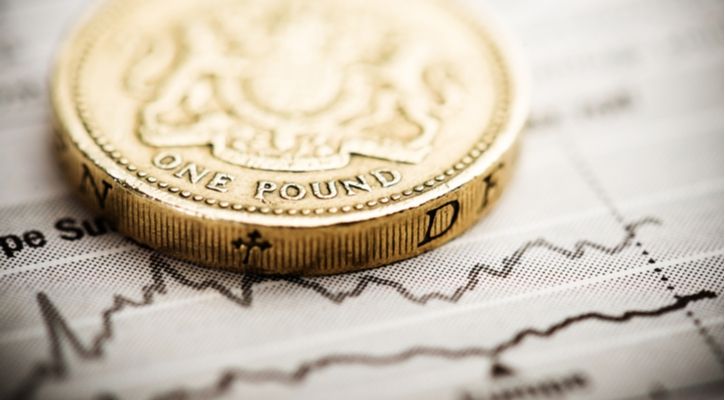FXOpen

It has been an interesting time for the British Pound during the past few weeks, and as yesterday's trading session in the European markets took place, the British Pound's volatility was once again a focal point.
Despite the US Dollar being subject to many challenges at the moment including high inflation in the United States, a high national debt and high commodities and raw materials prices, it has held its position and remained reasonably strong against other Western major currencies.
This is an unusual circumstance because ordinarily, high oil prices or an increase in consumable commodity prices at the rates that have been experienced over the past few months tend to result in a low US dollar value.
Now, as the US Dollar holds strong despite its challenges, the Pound sunk in value to a two-year low at the end of yesterday's trading day.
The GBPUSD pair therefore begins today's market opening at 1.22, a metric not visited since the dark days of the lockdowns during mid-2020 when much of Europe, the United States and the United Kingdom's businesses were closed by the government and the economic woes caused by personal and business commitments with no income on a continental scale took their toll.
At the beginning of this week, the GBPUSD pair stood at 1.23, and continued to decline during Monday and Tuesday's sessions, and there are some domestic reasons for this, rather than simply blaming the high US Dollar and the unusual scenario that the Dollar has kept its strength despite high oil prices and high US inflation levels.
In the United Kingdom, the overall economy is looking relatively bleak by British standards. The United Kingdom is well recognised for having a strong and stable economy, therefore when there are crises, they stand out, as is the case currently.
There is a considerable risk of stagflation after the Bank of England warned that surging energy prices will drive inflation to 10% by the end of the year, and that is without mentioning the RPI, which is already into double digits at 11%.
The overall inflation figure is rapidly approaching double figures, and the cost of borrowing is at a thirteen year high, due to increases in the interest rate by the Bank of England.
Yes, the United States Federal Reserve has also been increasing interest rates, but it has not had such a dramatic effect on the sovereign currency as it has in the United Kingdom.
There has been a considerable focus on the US Dollar not being able to be used to settle oil and gas imported from Russia, which now must be settled in Rubles and deposited at a bank in Moscow, however that applies to all of Western Europe and North America, not just the United States.
The overall focus on the US Dollar's position as a benchmark currency for commodity settlement is that crude oil has always been priced in US Dollars per barrel, therefore the US Dollar is a reference point for the value of oil, as well as its status as the 'petro-dollar'.
However, the inability to settle oil prices in US Dollars, Euros or British Pounds has affected the European markets more than the United States, as oil import to Europe and Britain from Russia is a major supply of energy and fuel.
Thus, the British Pound is burdened with high inflation in the local market, a squeezed general public which is experiencing a cost of living crisis, high borrowing costs and the cost of the imposed sanctions on one of the world's largest energy providing nations.
These are very unusual times, and the world's most valuable currency at this low a level against the US Dollar is more than noteworthy.
This article represents the opinion of the Companies operating under the FXOpen brand only. It is not to be construed as an offer, solicitation, or recommendation with respect to products and services provided by the Companies operating under the FXOpen brand, nor is it to be considered financial advice.
Stay ahead of the market!
Subscribe now to our mailing list and receive the latest market news and insights delivered directly to your inbox.








